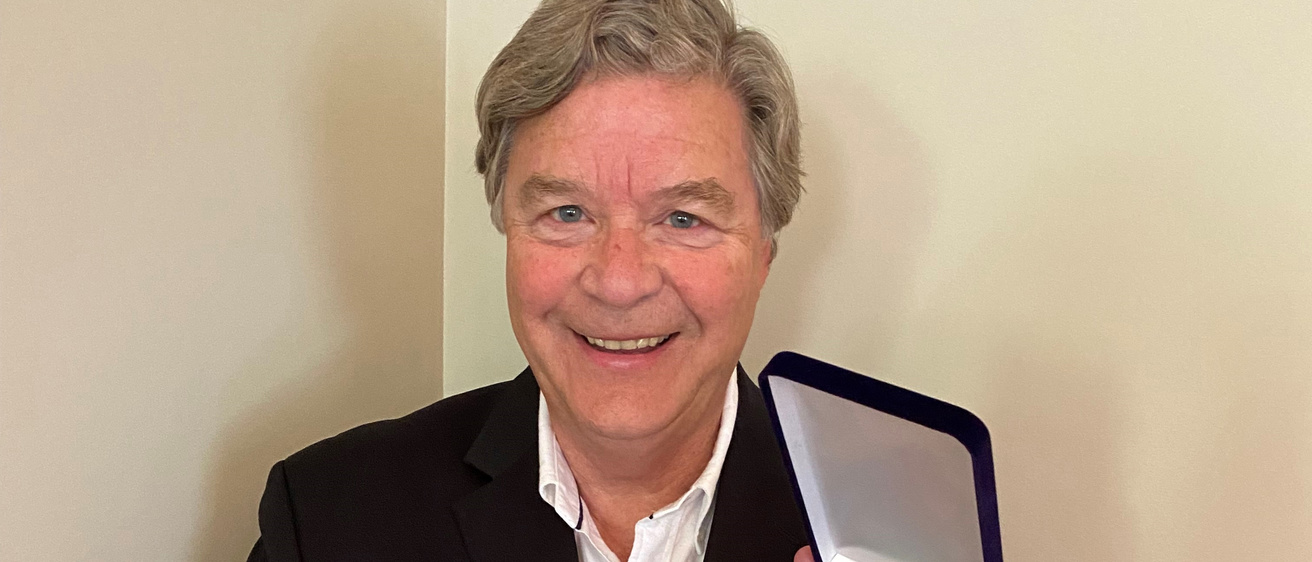University of Iowa Professor of Civil and Environmental Engineering Jerry Schnoor was selected as the 2021 Association of Environmental Engineering & Science Professors (AEESP) Fellow. Schnoor, who is also an IIHR research engineer and holds the Allen S. Henry Chair in Engineering, received the award at the association's virtual annual meeting on July 14. The AEESP Fellow designation is one of the highest accolades given to members. Fellows are selected based on their impactful accomplishments in environmental engineering and science research, as well as teaching and service.
Schnoor has received more than a few awards in his career, but he says he’s particularly pleased to earn the AEESP Fellow designation. “This is a nice one — it is the best organization for graduate student mentoring,” Schnoor says.
Schnoor came to the university in 1977 and was named a full professor in 1983. A chemical engineer by training, he became interested in environmental engineering early on in his career. He holds both master’s and doctoral degrees in environmental health engineering.
“When I came here after an NSF Postdoc at Manhattan College in New York, I began working on water-quality problems in agricultural Midwest,” Schnoor says. “I’m still doing that today, in fact! I branched out after that from pesticide and water-quality research and nutrient problems, to phytoremediation using plants to try to help clean up the environment.”
Schnoor is internationally recognized for his work on water-quality modeling, environmental health and risk/exposure assessments, and especially climate change. The recently released U.N. report on climate change has some alarming news for Iowa, the nation, and the world, Schnoor says.
“It seems half the world is on fire, and the other half is in flood. These are ‘climate disasters’ — never say ‘natural disasters,’ because the human element is now so strong,” he says.
Iowans have experienced extreme floods that are happening more frequently. Warm air holds more water, Schnoor explains. But these floods are also likely to be punctuated by occasional heat waves and droughts. “Truly we are witnessing a climate crisis, and it requires much faster action toward renewable energy now. Climate action creates jobs, pristine air quality, better health, and a stable system for future generations,” Schnoor says.
